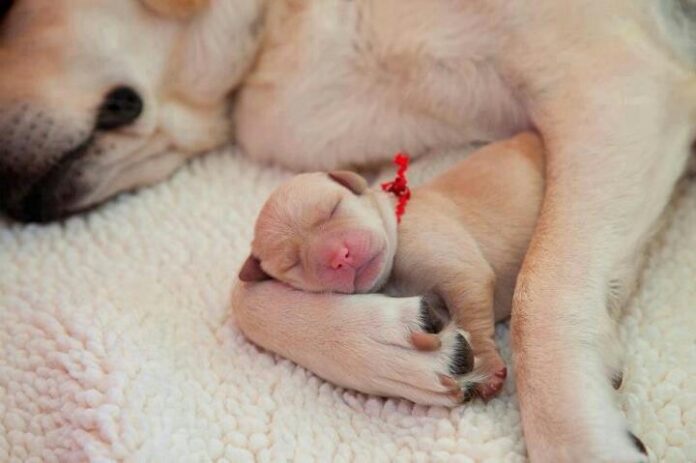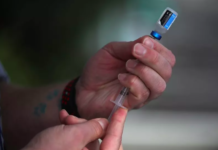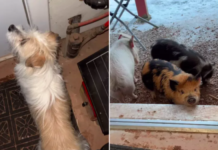Your dog has recently given birth to a litter of puppies, and all you want to do now is go in and congratulate her. But hang in there. Your dog’s top priority right now is to look after her babies, and a mother dog’s behaviour may change after giving birth. But don’t worry; once your dog has completed her puppy-raising duty, her behaviour will return to normal and she will begin to act more like herself.
Dog nesting after having puppies
New mothers prefer to settle into a safe and secure environment with their puppies before starting the work of nurturing them. As a result, some dogs act as if they’re looking for something in your home, even going so far as to “dig” in carpeted areas.
If you find your dog doing this, it could mean she isn’t feeling secure. It’s preferable to leave your dog with her puppies alone in a calm spot where they won’t be disturbed. Sure, check in on them now and again, but give them time to bond and allow the mother to embrace your presence once she feels safe and in control.
![25 MORE Cute Mama Dogs And Their Puppies For Mother's Day [PICTURES] - DogTime](https://www.dogtime.com/assets/uploads/2018/05/mothers-day-dog-moms-more-1-1280x720.jpg)
Aggressive behaviour is common
Once her puppies are born, it may come as a surprise to see your generally loving dog suddenly become aggressive toward you and others. This is a frequent behaviour in new mother dogs, and it’s caused by hormonal changes that occur as your dog approaches delivery. When the puppies are young, your dog may snap or growl at people who approach her and her brood.
As much as you want to brag about your new puppies to your friends, this will only add to the mother dog’s stress. Instead, only bring in one or two persons who are well-known to the mother dog. Respect your dog’s solitude as the mother dog and puppies connect, and remember that if she acts violently toward you, she’s behaving instinctively.
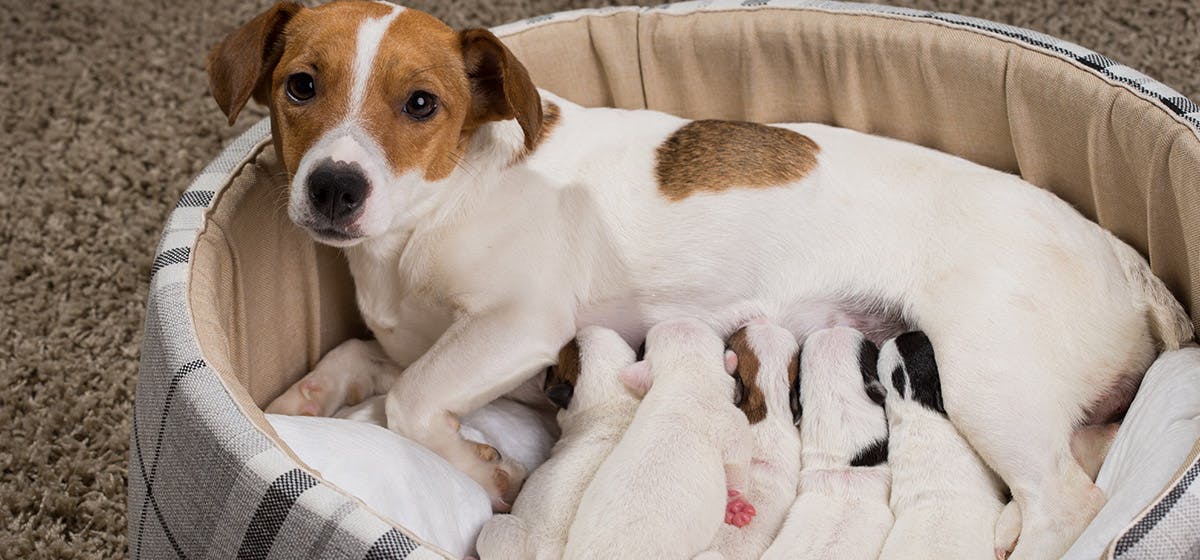
Lots of licking
A dog who has recently become a new mother will frequently devote all of her attention to her puppies. You may have noticed that your mother dog kisses her puppies on a regular basis. This is normal behaviour that aids in the formation of a link between the mother and the puppies. It also aids in the stimulation of the puppies’ digestive systems and encourages them to use the restroom.

Urinating in your house
Your housebroken dog may appear to forget her training in the days following her delivery. Some mother dogs are so devoted to their litters that they refuse to leave them for any reason, even to urinate themselves outside. This behaviour is most noticeable in the first 24 hours or so after your dog has given birth.
You can take your dog outside to encourage her to relieve herself after 24 hours have passed after she gave birth. Just don’t keep her away from her puppies for an extended period of time. She should get more comfortable with this arrangement as time goes on, knowing that you’ll soon reunite her with her puppies. If your dog continues to waste herself in the home or has difficulty doing so, it’s time to take her to the doctor for a checkup.
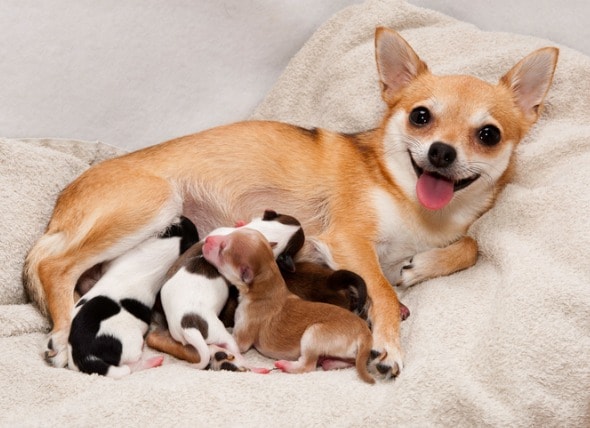
Handling your dog’s behaviour
Giving your dog some time alone with her puppies after she has given birth to a litter is the finest thing you can do for her. Provide a calm environment for your dog to feel safe with her puppies. Check up on them now and then, but don’t get any more involved with the puppies than necessary.
Look for unusual nervousness, loss of appetite, or lack of energy in your dog as signs that something is wrong. You should also check to see if she is looking after all of her puppies. If a mother isn’t feeling well or her maternal instincts don’t kick in, she may reject some or all of her puppies. Take your dog and her puppies to the vet straight away if you notice this or other problematic behaviour.

